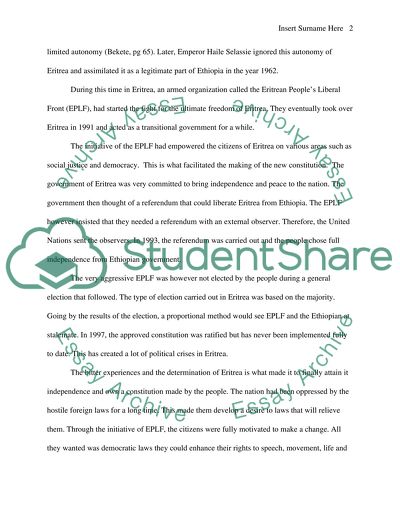Cite this document
(“Book review of Framing the State in Times of Transition: Case Studies Essay”, n.d.)
Book review of Framing the State in Times of Transition: Case Studies Essay. Retrieved from https://studentshare.org/social-science/1664075-book-review-of-framing-the-state-in-times-of-transition-case-studies-in-constitution-making
Book review of Framing the State in Times of Transition: Case Studies Essay. Retrieved from https://studentshare.org/social-science/1664075-book-review-of-framing-the-state-in-times-of-transition-case-studies-in-constitution-making
(Book Review of Framing the State in Times of Transition: Case Studies Essay)
Book Review of Framing the State in Times of Transition: Case Studies Essay. https://studentshare.org/social-science/1664075-book-review-of-framing-the-state-in-times-of-transition-case-studies-in-constitution-making.
Book Review of Framing the State in Times of Transition: Case Studies Essay. https://studentshare.org/social-science/1664075-book-review-of-framing-the-state-in-times-of-transition-case-studies-in-constitution-making.
“Book Review of Framing the State in Times of Transition: Case Studies Essay”, n.d. https://studentshare.org/social-science/1664075-book-review-of-framing-the-state-in-times-of-transition-case-studies-in-constitution-making.


